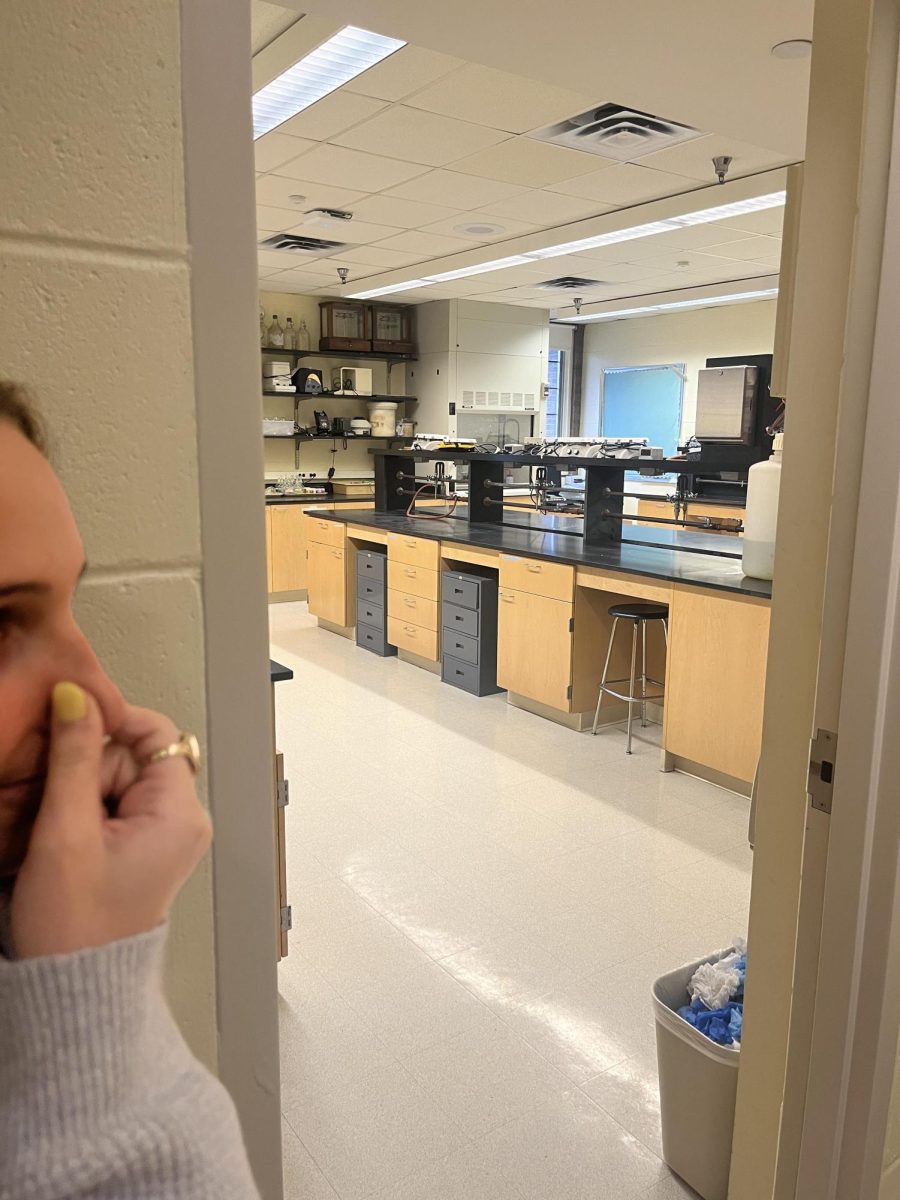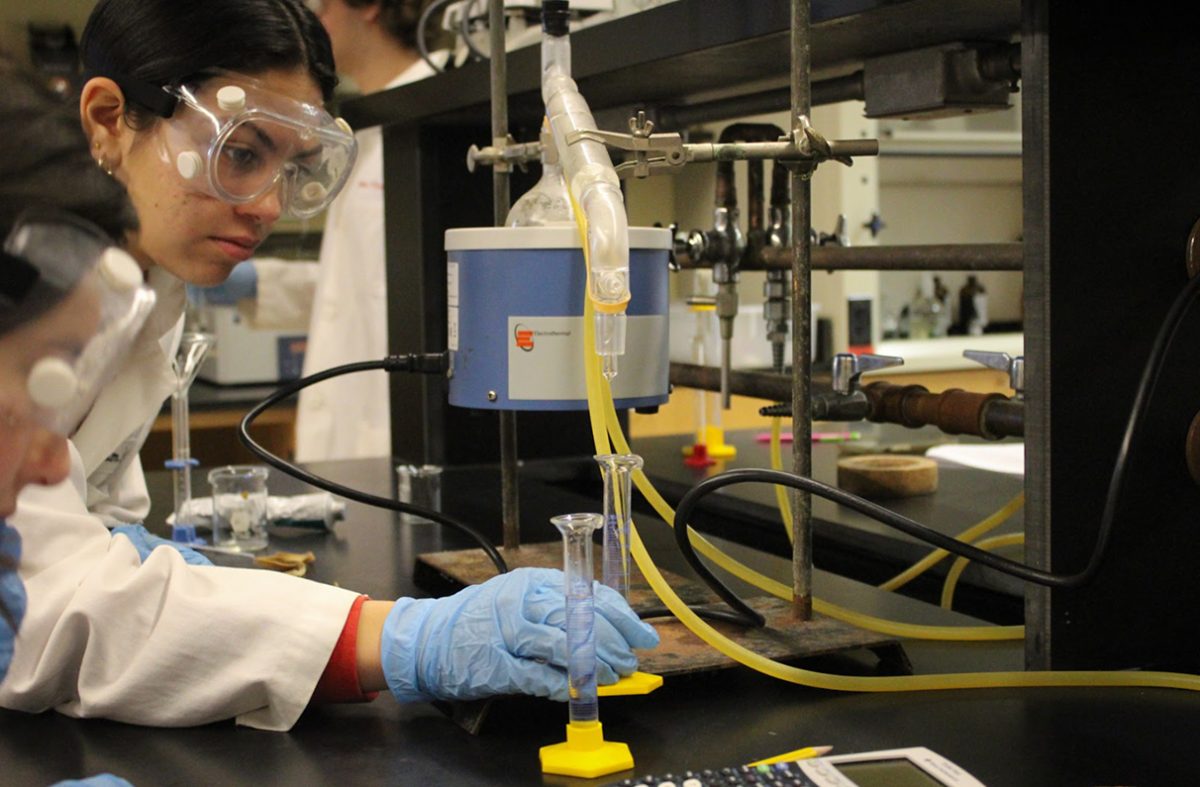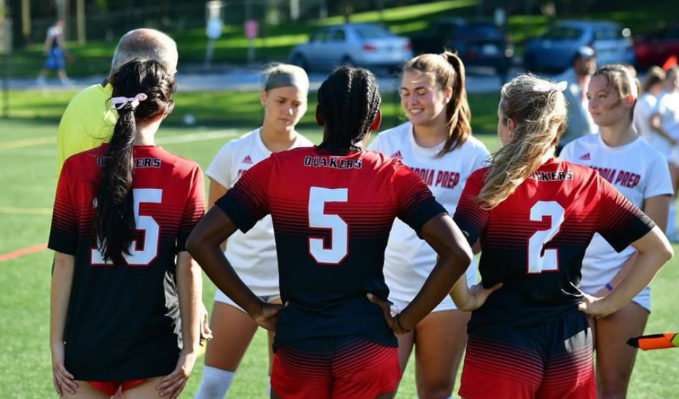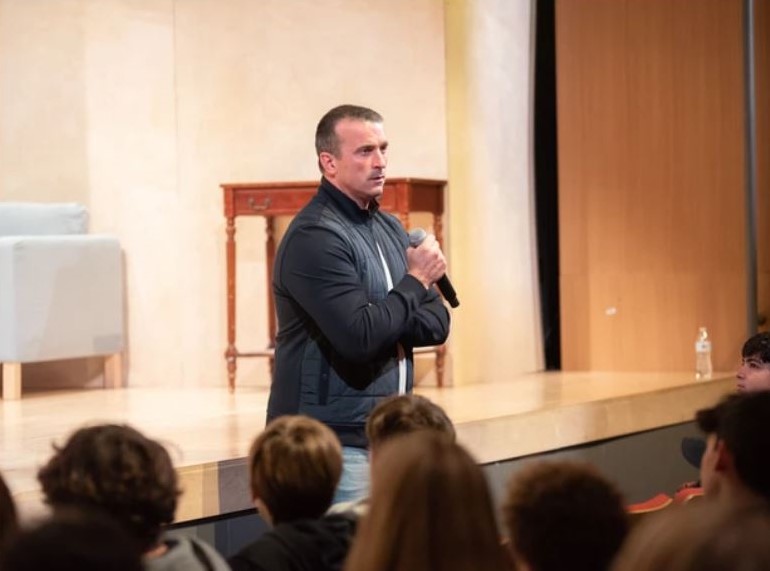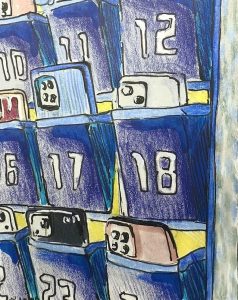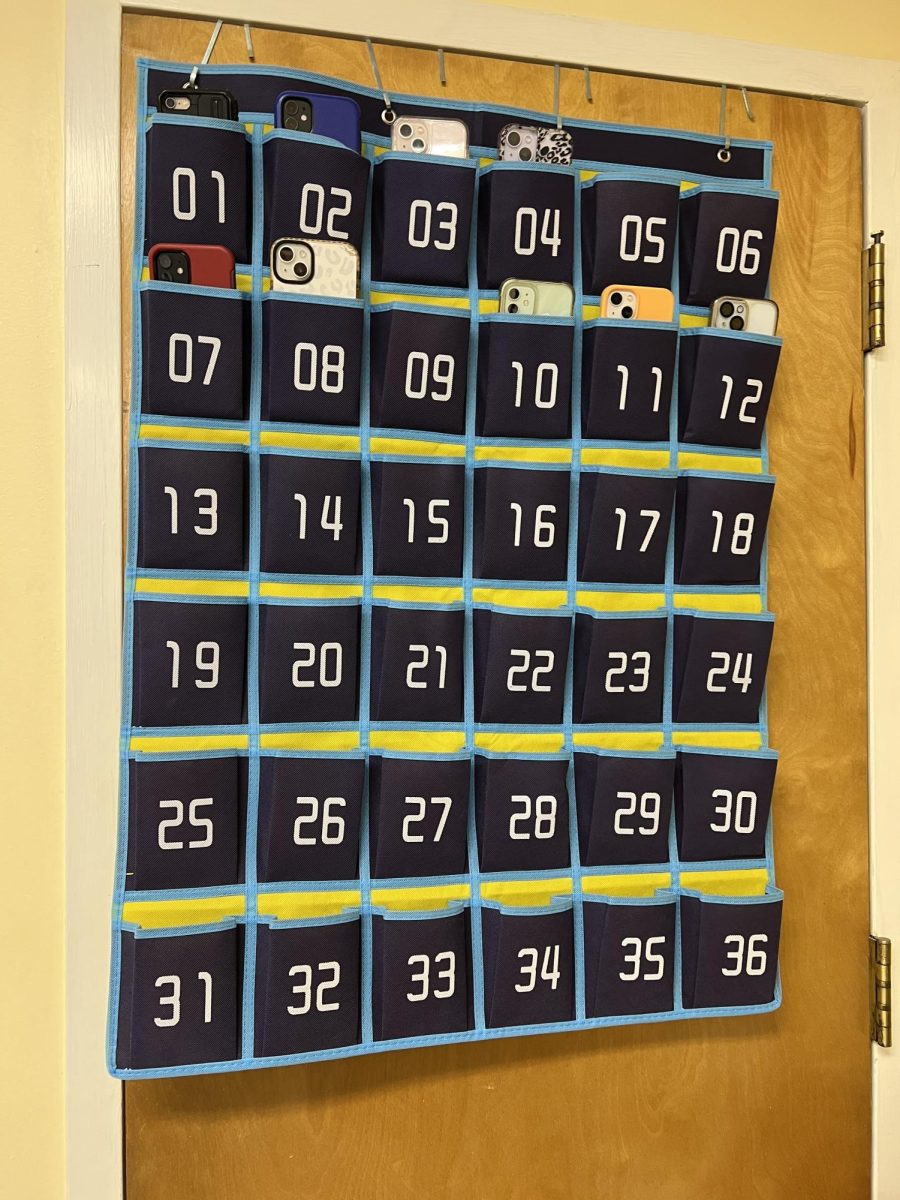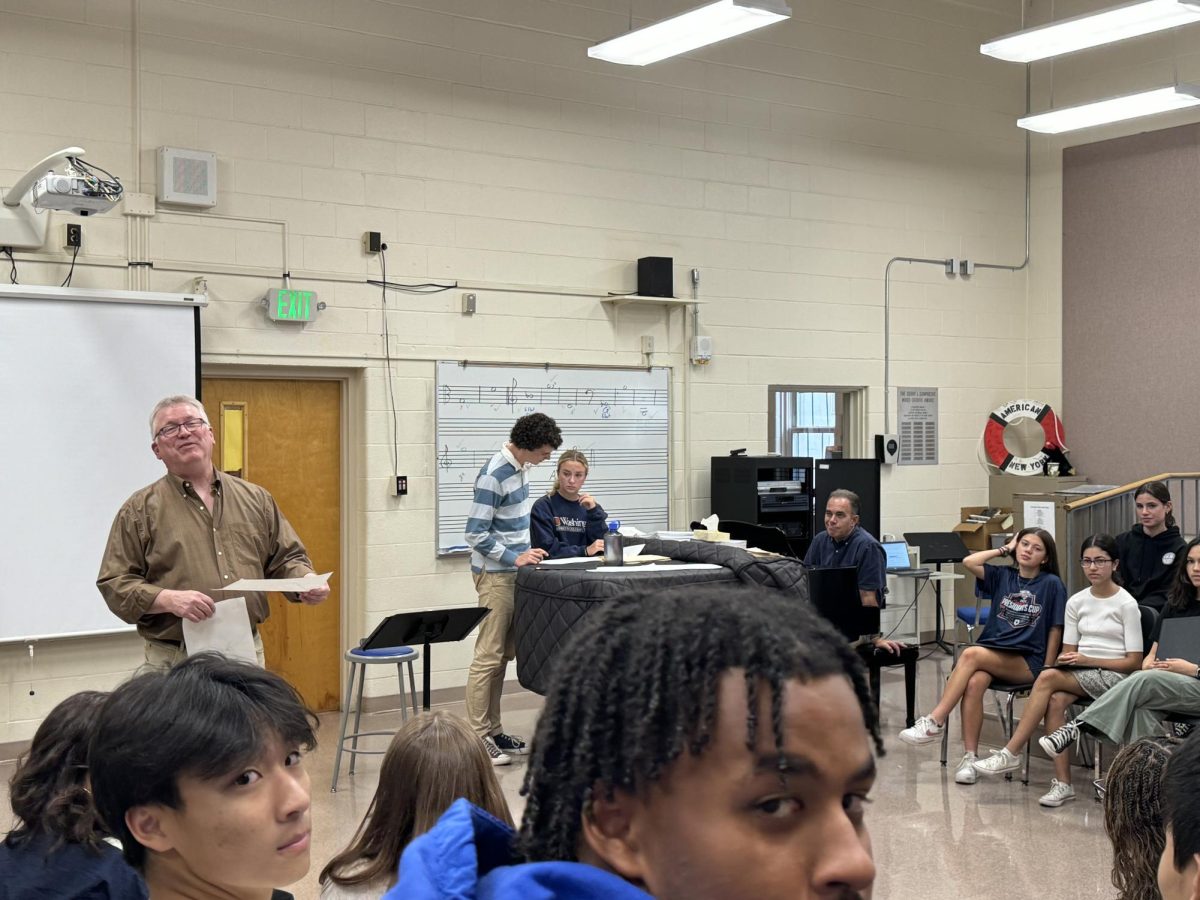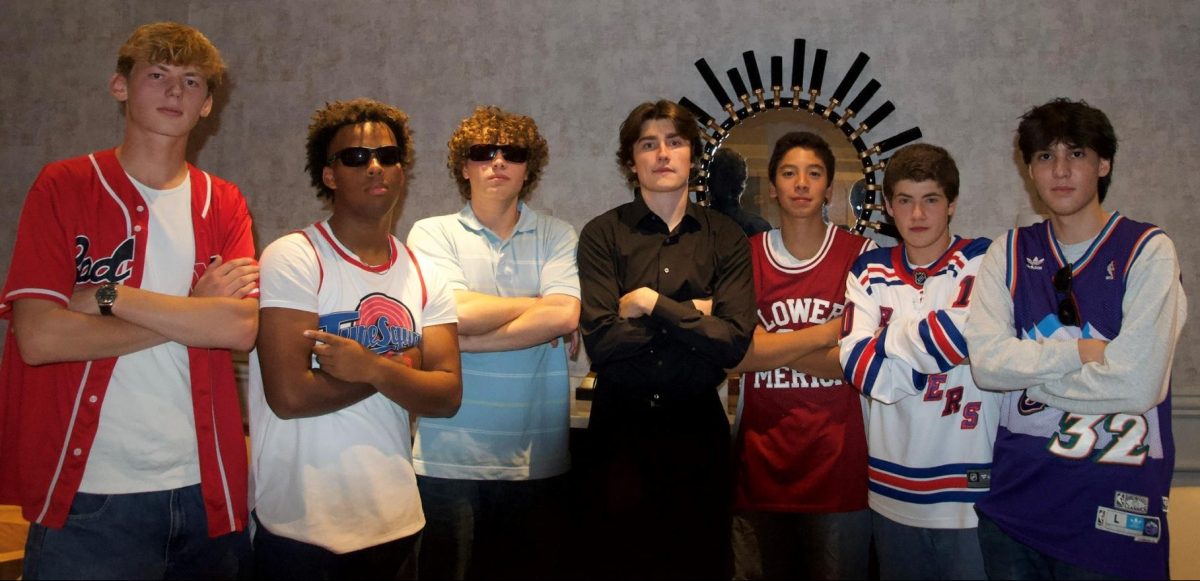Speaker Shows the Reality of Drugs and Alcohol
Chris Herren’s raw, personal talk connected with many Friends students.
February 10, 2020
To help students understand the devastating effects of substance abuse, Friends brought in Chris Herren, a former NBA player whose basketball career was ruined by drugs and alcohol.
Herren spoke to the Upper School about his struggles with addiction. His talk was raw, emotional, and personal. Many students agreed that it was unlike any other “drug talk” they had heard before.
Herren also stayed afterward to speak with the Quaker Quill, and with several students who sought him out to talk about their personal struggles. A few students arrived to an English room after his talk to tell their stories, and got his contact information to thank him for his talk.
Growing up, Herren was known for being a talented basketball player on the Boston Celtics. However, addiction changed his life for the worse. He was kicked out of the NBA, and became a version of himself he was not proud of.
Eventually, with the help of family and friends, he was able to recover and focus on his family.
Later after recovery, he turned his focus to helping others. Today, he helps people of all ages, including some of the best athletes in the world.
Izzy Paff, a junior who feels very strongly regarding this issue, said she thought that his presentation was different from other talks she had heard before.
“I think he talked from multiple different perspectives, and used other people’s stories on top of his own to make it more realistic,” she said.
Sophomore Jonathan Ellwanger said that, “He had a very stern talk; like a dad talking to his kids. He didn’t just want to tell you that [drugs and alcohol] were bad, but he also told his story so you won’t have your own.”
Junior Thomas Ellberg agreed.
“Other drug talks also talked about their experiences and their lives,” Thomas said. “It seemed more powerful because it showed how someone can go from the top to the bottom within seconds.”
One student said that after Mr. Herren was done speaking, “[I] wanted to go to him and tell him my story, so I didn’t feel enclosed.”
Ellwanger said that he felt uncomfortable after Mr. Herren finished and couldn’t do comedy afterwards, as a member of the school play, Figments.
When asked specifically what part of his speech was most impactful, the answers varied. Paff responded, “The little girl [a student not attending Friends] that emailed him resonated, because it showed that the talk really meant something.” This girl has kept in touch with him to this day.
Another student responded, “When he talked about disappointing his family, and how his grandparents didn’t know that their retirement money would go to him buying drugs, I could connect to that on a deeper level.”
Paff said, “I connected with his talk because my family has dealt with the loss of a family member due to addiction. His talk really showed the impacts and my deceased brother is another example to coincide with Chris Herren’s talk.”
A final student took away from the talk a different angle, which was that he wanted to stop disappointing the people around him.
It seems like most students at Friends were impacted by his talk in one way or another, but not all students found it to be a positive experience. Junior Claire Churchill thought that, “he was using fear to get kids to not use drugs or smoke.”
While the topic of drug and alcohol abuse is a subject that has directly affected the Friends School community, the school seems to be making an effort to help inform its students about the issue in a constructive and meaningful way.



![A Phone Ban at Friends? [Podcast]](https://thequakerquill.org/wp-content/uploads/2025/05/magenta-VrRT19_ZjUY-unsplash-1200x900.jpg)
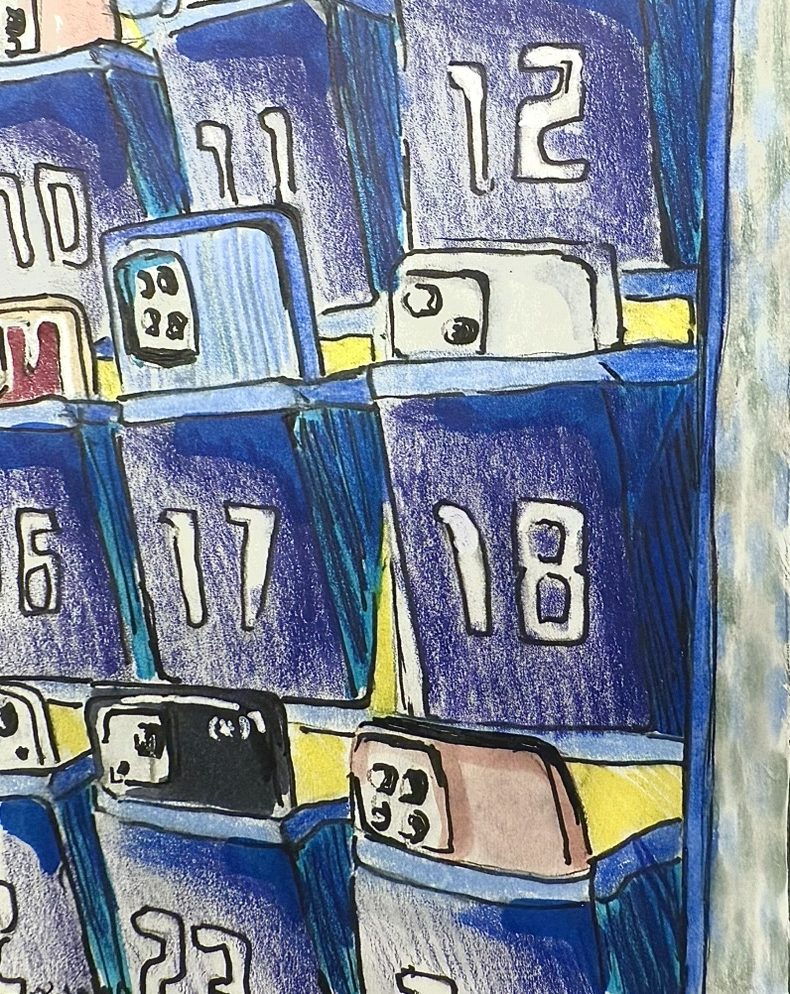




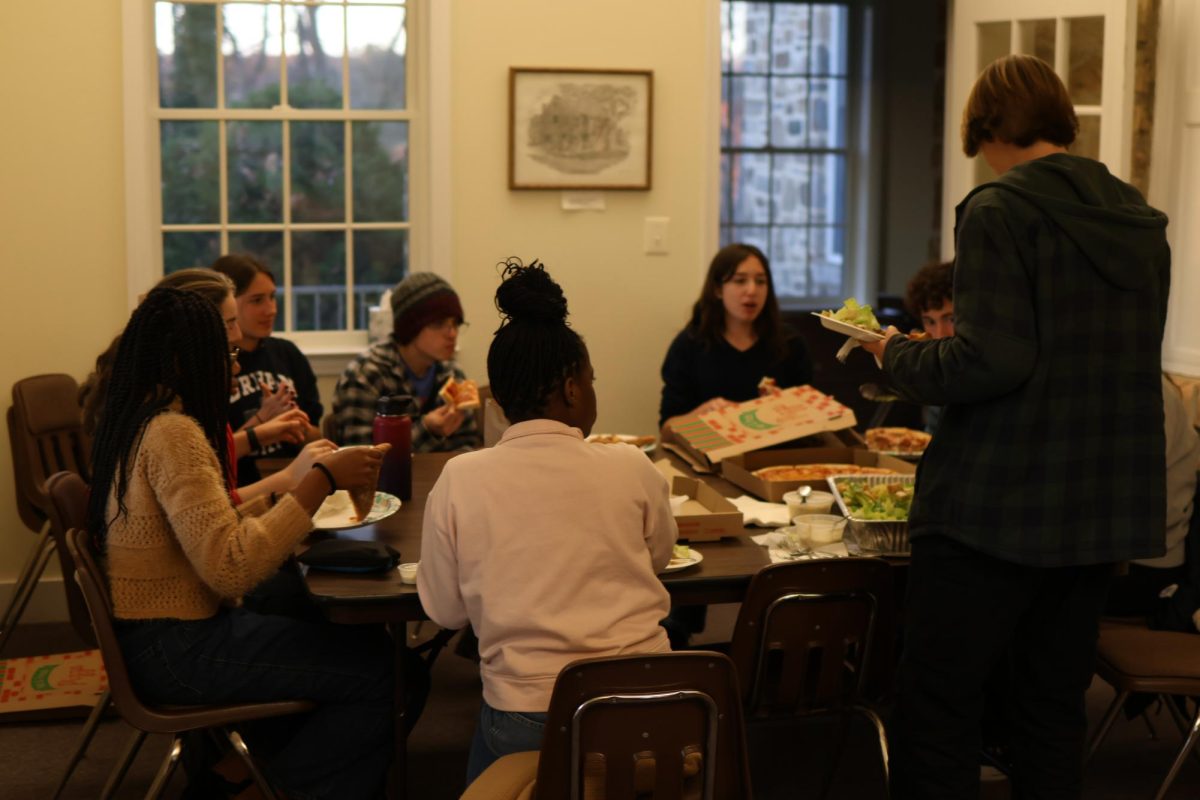

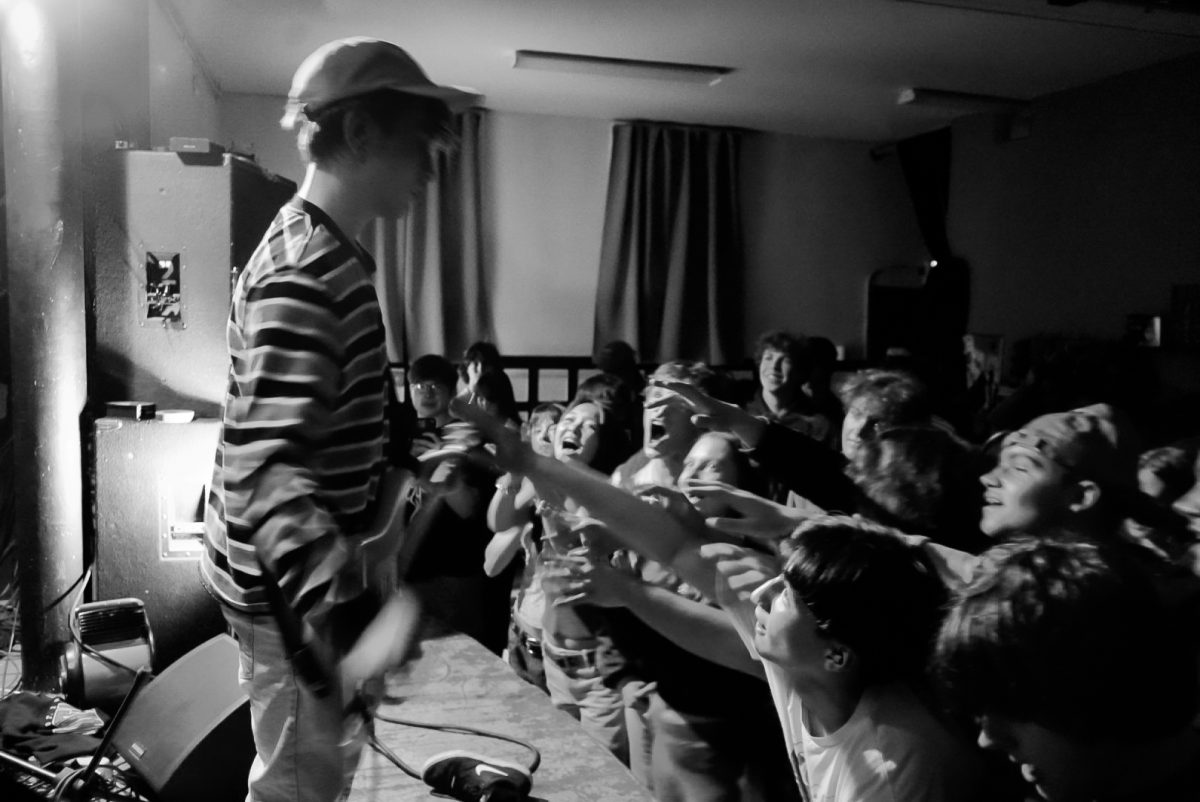

![How Freestyle Club Began [Podcast]](https://thequakerquill.org/wp-content/uploads/2025/05/charly-alvarez-Jv9untmB7G4-unsplash-1200x800.jpg)



